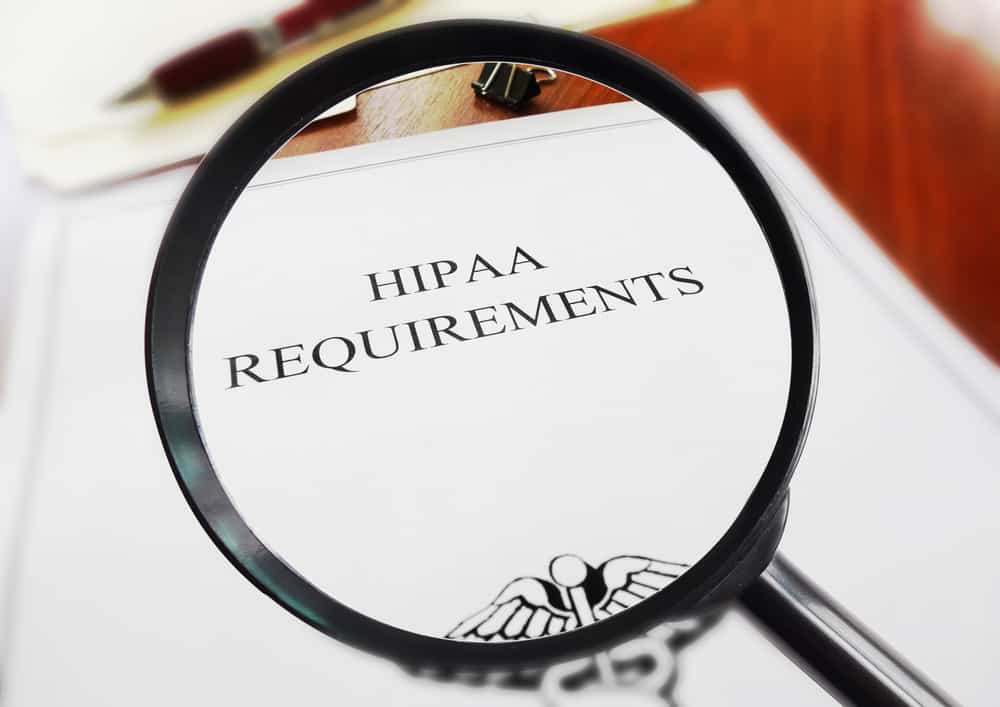HIPAA is an acronym for the Health Insurance Portability and Accountability Act of 1996, which the U.S. Congress passed. HIPAA is a federal law that aims to ensure the privacy of individuals who require personal information protection. The aim is to limit the access of private information of individuals to third parties. This confidential information may include medical records, financial information, Social Security numbers, and birth/death records.
Personal information is defined as identifying data about a person that may be used in deciding on that person or for other commercial purposes. It includes but is not limited to names, birth dates, social security numbers, financial data, and records of marriages or divorces. While many businesses wish to retain private information on their employees to prevent identity theft, HIPAA restricts this right to the company itself.
What is HIPAA Compliance in Healthcare?
HIPAA compliance requires medical records containing personal health information, such as sensitive financial or treatment details. Like most medical records, HIPAA-compliant documents include sensitive personal health information and treatment details. The difference is that these records are managed and stored electronically rather than by hand. Therefore, medical records can be accessed electronically, regardless of whether a patient has physical access to a specific piece of paper or not. For that reason, to comply with HIPAA standards, these documents require stringent protection and constant risk assessment to prevent HIPAA infractions.
Major Things Addressed In the HIPAA Law
The first thing that the HIPAA law addresses are maintaining the privacy of an individual’s health information. The second thing is to properly utilize and protect the patient’s medical records and personally identifiable details like name, address, and contact details. In addition, the third thing that is addressed in the HIPAA laws is to ensure that people in business are protected from unauthorized access to their patient records. In short, this law is a requirement for those who handle private health care information and personal health information.
HIPAA laws require that each healthcare facility has an electronic data handling system for the administrative side of things. This includes all the hardware and software needed to accommodate patient records. This also involves a plan for periodically reviewing and updating the facility’s security standards and physical security measures.
For the technical portion of the system, the next step is to install and configure various techniques to allow the business’s administration and technical aspects to connect seamlessly. This would include a patient database management system (PDMS), electronic billing and remittance processing equipment, and other technical hardware and software allowing access through secure networks. This requires a significant investment in time and money from each organization involved in keeping the business running smoothly.
Finally, for the business aspect of things, the business’s physical security must be protected at all times. All personnel entering patient information must be expressly authorized by the patient, the doctor, and the legal representative of the business. For the business’s physical security, additional layers of protection must be applied, including access control, physical access to all information, and an alert system in place should any unauthorized personnel enter the patient’s information.

What are the 4 primary purposes of HIPAA?
The four primary purposes of HIPAA are the privacy of individual health records, security of electronic data, simplification of administration, and portability of insurance.
What was the original purpose of HIPAA?
HIPAA serves to “improve the portability and accountability of health insurance coverage” for employees who get coverage through their workplace. It also helps to fight against waste and fraud in healthcare.
Who started the HIPAA Law?
The legislation was passed by Congress and signed into law by President Clinton on August 21, 1996.
What does the acronym HIPAA stand for?
HIPAA is an acronym for Health Insurance Portability and Accountability Act.








